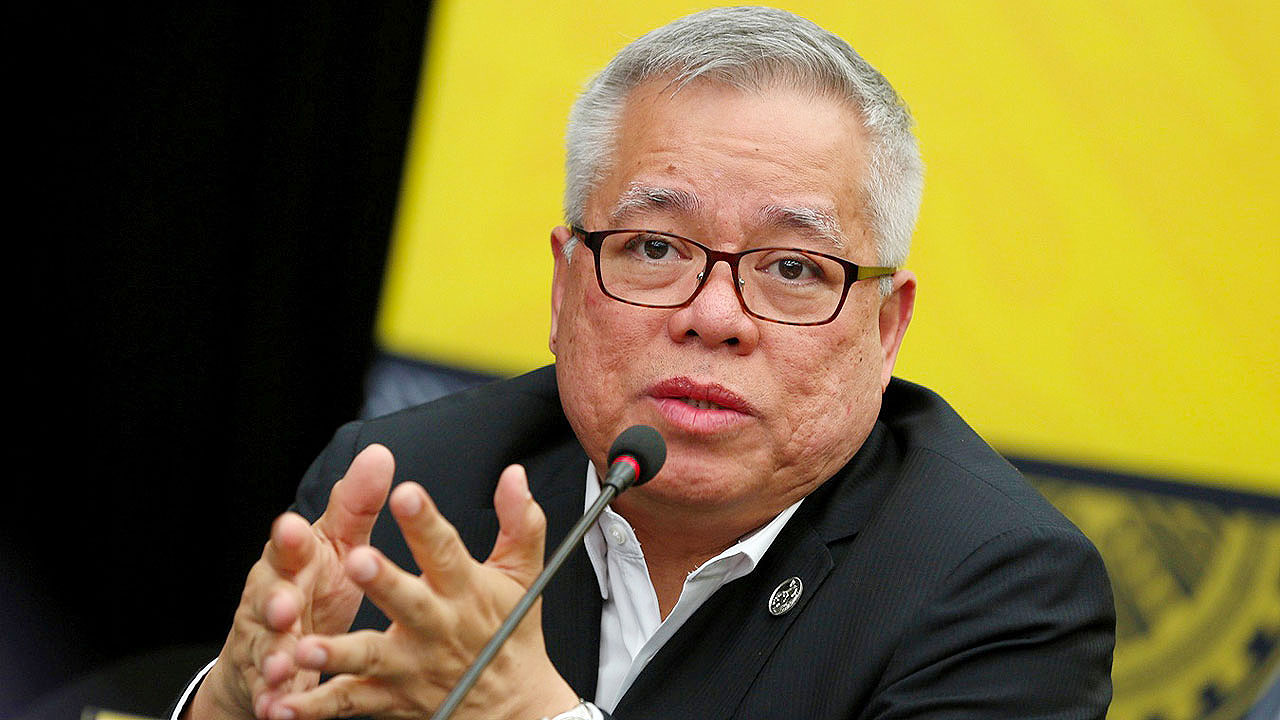
TRADE SECRETARY Ramon M. Lopez said the early signatories to the Regional Comprehensive Economic Partnership (RCEP) are starting to derive benefits from their participation, and warned that the Philippines risks being left behind if it further delays joining the trade deal.
In a virtual conference attended by Senator Cynthia Villar, who chairs the chamber’s Committee on Agriculture and Food, Mr. Lopez cited the case of early signatory Singapore, whose companies are taking advantage of opportunities brought about by expanded market access in China and Japan in industries like mineral fuels, plastics, chemical products, food preparations and beverages.
The International Trade Forum hosted by the DTI, sought to assess “The Importance of Philippine Participation in the Regional Comprehensive Economic Partnership (RCEP) Agreement” and arrayed a panel of government officials, academics, and the legislature. In particular, participants sought to assess the trade deal’s impact on the agricultural sector.
“We cannot afford to delay or not participate in this free trade agreement (FTA) deal when our ASEAN neighbors are already reaping the advantages of the agreement with partners. And they are already benefitting from it,” Mr. Lopez added.
Delayed participation to the agreement can also affect how businesses view the openness of the Philippine economy, with Mr. Lopez warning of the potential loss of trade, investment, and other economic opportunities from shunning RCEP.
Trade Assistant Secretary and RCEP chief negotiator Allan B. Gepty said standing aloof from RCEP is inconsistent with the direction of trade policy and the recent liberalization of the Foreign Investments Act, Public Service Act, and Retail Liberalization Act.
The RCEP agreement was signed by President Rodrigo R. Duterte last year and is currently stalled in the Senate, which went on break for the May 9 elections without ratifying the treaty.
The countries where RCEP is currently in force are Bunei, Cambodia, Laos, Singapore, Thailand, Vietnam, Australia, China, Japan, New Zealand, South Korea, and Malaysia. — Ram Christian S. Agustin



